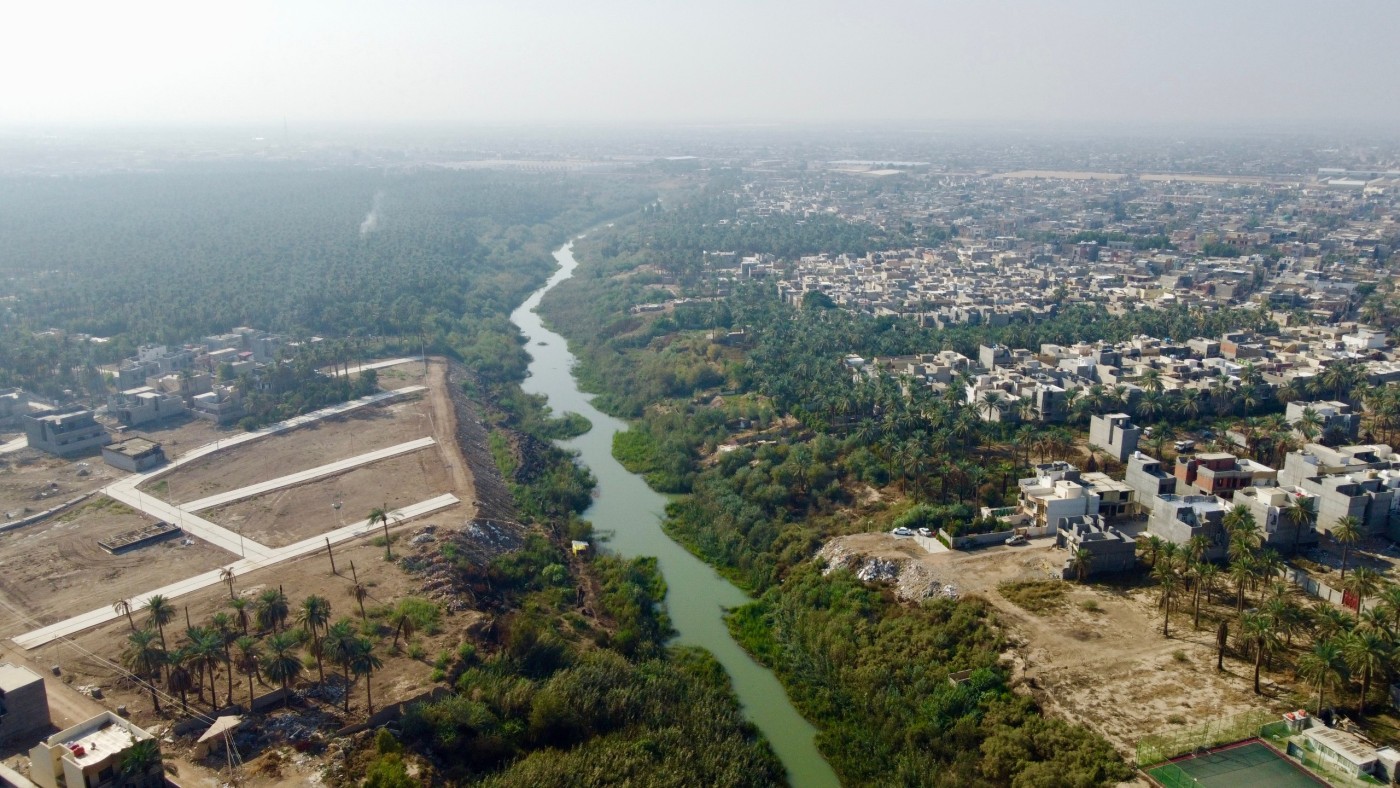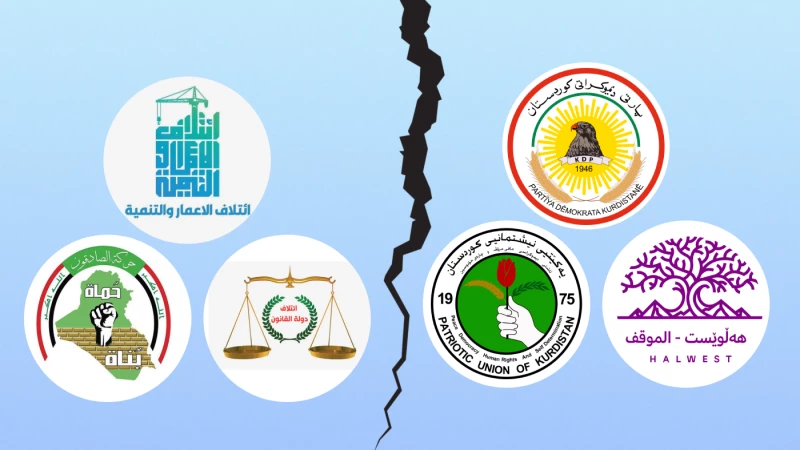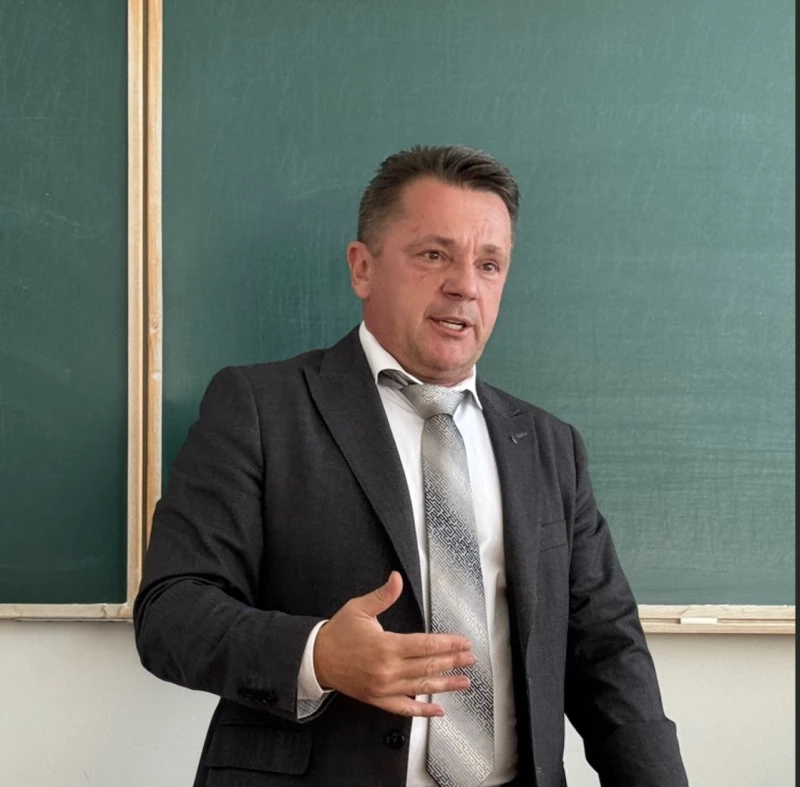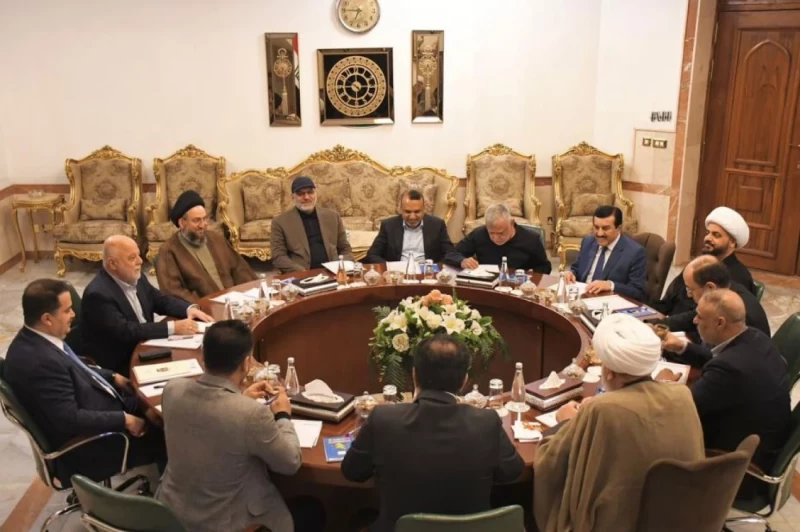On the map, the Diyala province is located in the eastern part of central Iraq. Its geographical importance post-2003 is what makes it, however, the ‘Middle East’ of Iraq.
The province boasts demographic diversity characterized by relative symmetry between different sects. This renders the cultivating of a sectarian or national political identity highly complex and gives greater visibility to the political conflicts there.
After Diyala emerged from the bloody years of the height of sectarian conflict in 2006-2007, its geographical position led to it taking on ever greater importance at the regional as well as international levels.
First because it is part of the ‘road to the sea’: a key pillar of Iranian national security and an important corridor through which Iran extends its influence across the region. This has become especially important since Iraq declared the Islamic State (ISIS) defeated territorially across the country on December 10, 2017.
Secondly, Diyala became ever more important after the discovery of the South Pars gas field in Iran. An Iranian pipeline under construction passes through the city of Naft Shahr in Iran’s Kermanshah and then through Diyala to Europe and the sea. The Mansouriyah gas field, the second largest gas field in Iraq, is also located in Diyala.
And then there is the fact that the province is considered a crossroads for smuggling networks between Iraq and Iran due to its proximity to Iranian road networks, putting it at the center of a struggle for control of border crossings. This is a contributing factor to continuing conflict in the province as a whole as well as within the political bloc dominating its administration.
In addition to the Al-Mundhiriya border crossing in Khanaqin and Sumer in Mandali in the province, there is also talk of a third unofficial crossing in the Qazaniya district. Iran allegedly exploited its political influence inside Iraq and engaged in construction works on its side without any coordination with Baghdad.
Iranian law allows provincial governors in the country to open border crossings without authorization from the central government. This is something that no Iraqi government has ever objected to, as it would be considered a lack of respect for neighboring countries in line with international conventions.
Political fragmentation and ‘disinformation’
A lack of on-the-ground reporting and a preponderance of disinformation has led to Diyala still falsely being portrayed as a center of sectarian conflict and terrorism.
The aim of this is to conceal the real roots behind political conflicts within the province. The reality on the ground is instead that of community coexistence and a rejection of sectarianism.
One of the most prominent results of the protest movement that spread across in Iraq in 2019 was early elections in accordance with multiple districts within each province.
This led to political fragmentation within the single political blocs as a result of competition for candidacy within a single district. The fragmentation led to internal conflict within Diyala over control of its administration.
Security repercussions
The Diyala province has witnessed bloody security unrest in the past two years.
Although it is a province held to have been cleared of IS, recent security incidents in the villages of Nahr al-Imam, al-Jayyla, al-Bubali, al-Hawasha and al-Amraniyah have left the province of Diyala torn to pieces. Many kidnappings and assassinations have also occurred.
The province is boiling due to the impunity perpetrators seem to be enjoying as well as a lack of dialogue to heal the political fragmentation within the bloc that controls the province.
Despite a false image that the media has conveyed about Diyala - sometimes claiming security incidents are due to terrorism and ISIS, others times claiming they are the result of tribal disputes – sources on the ground say instead that issues with security are the result of political fragmentation and conflict over the provincial administration.
Moreover, Diyala’s painful experience during the height of sectarian conflict and the spread of armed groups, followed by the war on ISIS, has transformed it into a sort of battlefield strewn with weapons, unexploded ordnance and ammunition depots.
Some of the weapons in the province were licensed by the state but may nonetheless at times remain outside of state control due to influential political parties’ support. This in turn undermines the security and the stability of the province.
This situation has sparked generalized discontent in Diyala. It also led to the proposal of initiative that was to have included a project under international supervision from the United Nations Assistance Mission for Iraq (UNAMI).
The initiative would have focused on security and political issues on three separate tracks, through:
1. creating political dialogue under UNAMI supervision in the Diyala province, both within the main political bloc and between all the blocs.
2. implementing a disarmament and demobilization project that would bring all weapons under state control and include a survey of Diyala’s orchards and villages to clear them of ammunitions depots and unexploded ordnance.
3. working to dismantle cross-border organized crime groups and controlling border crossings through joint coordination between Iraq and Iran, as well as cracking down on drug smuggling networks in accordance with international agreements and under UN auspices.
The initiative was however unable to be implemented due to a conflict of interests with those of influential political parties.
Thus, Diyala will likely see further political conflicts affecting its security, stability, and societal peace.



 Facebook
Facebook
 LinkedIn
LinkedIn
 Telegram
Telegram
 X
X


